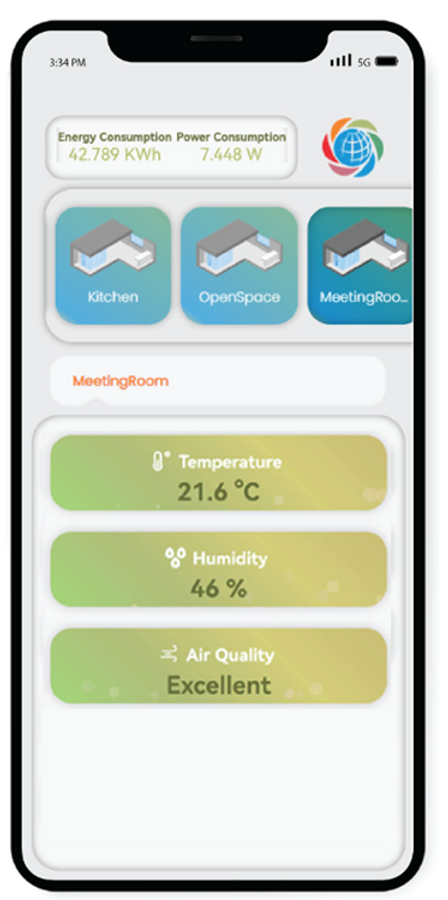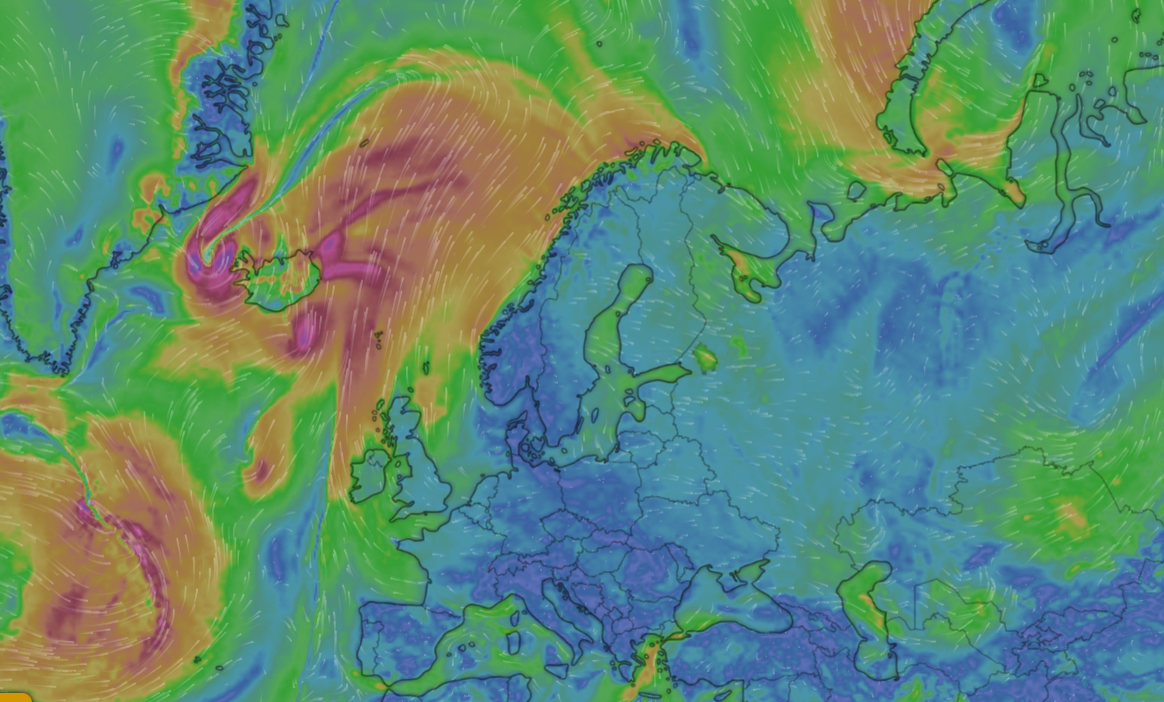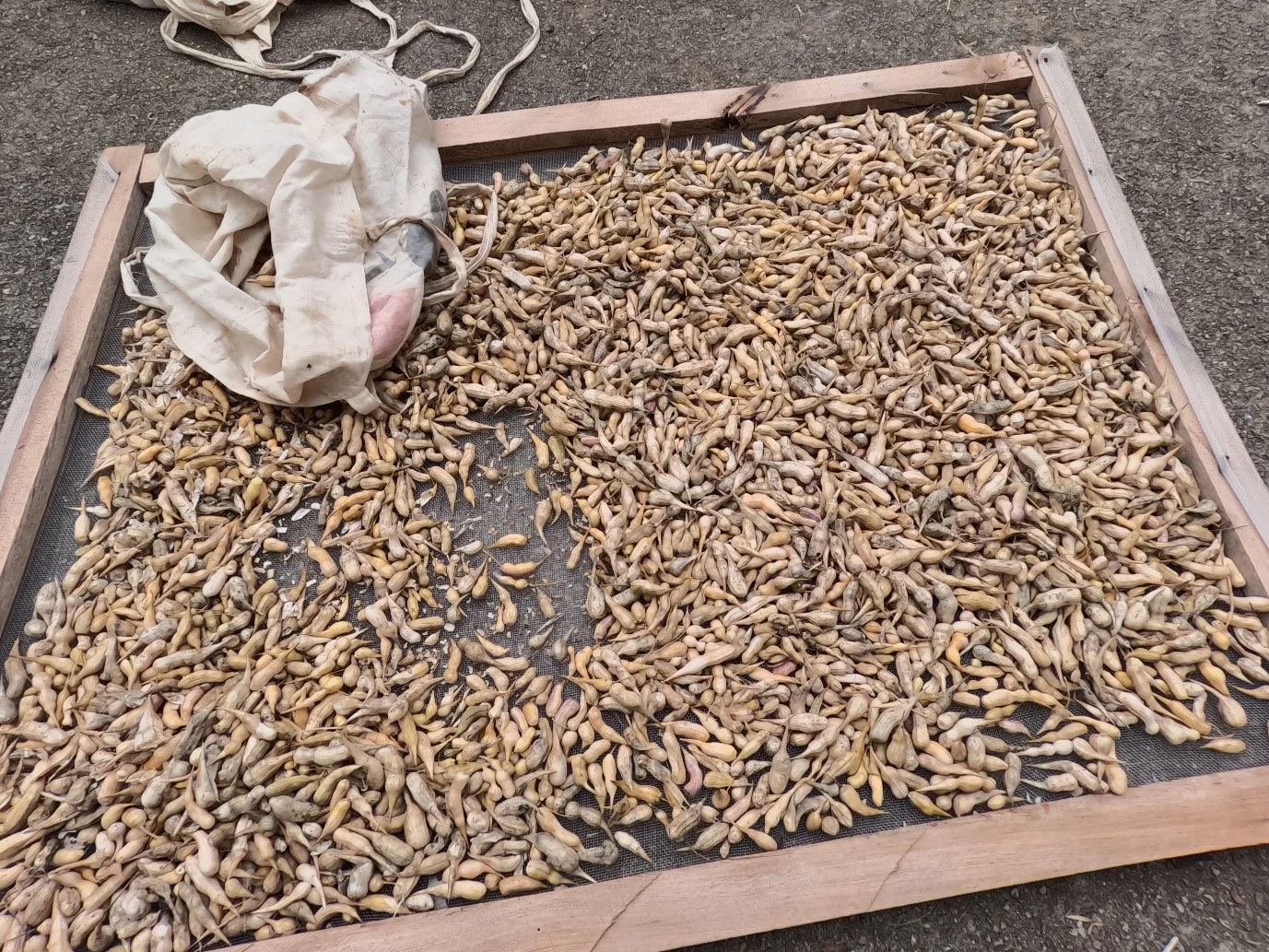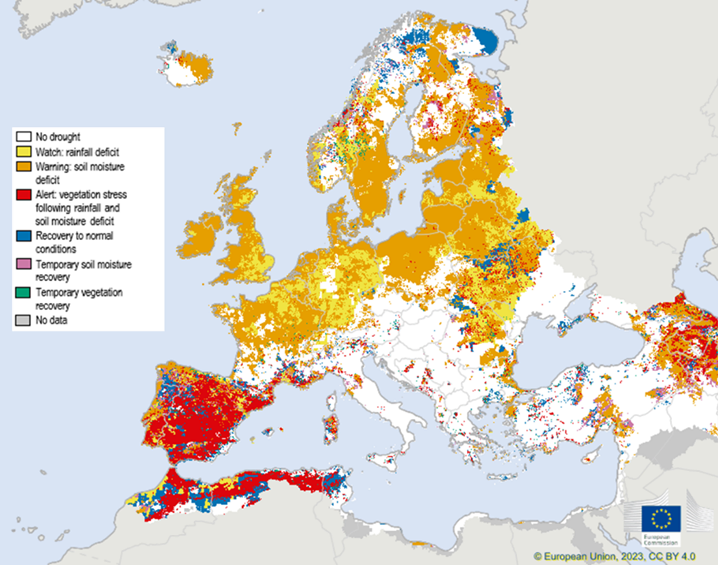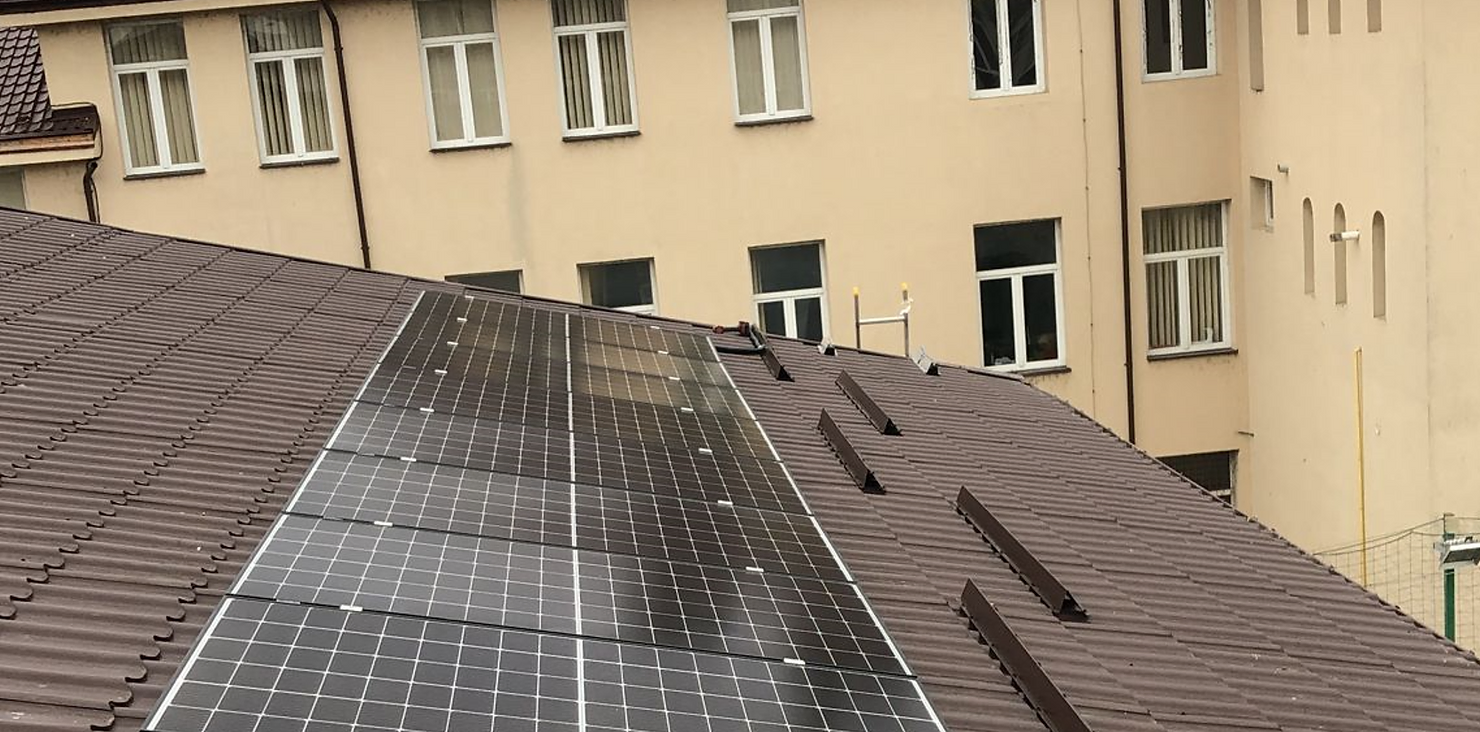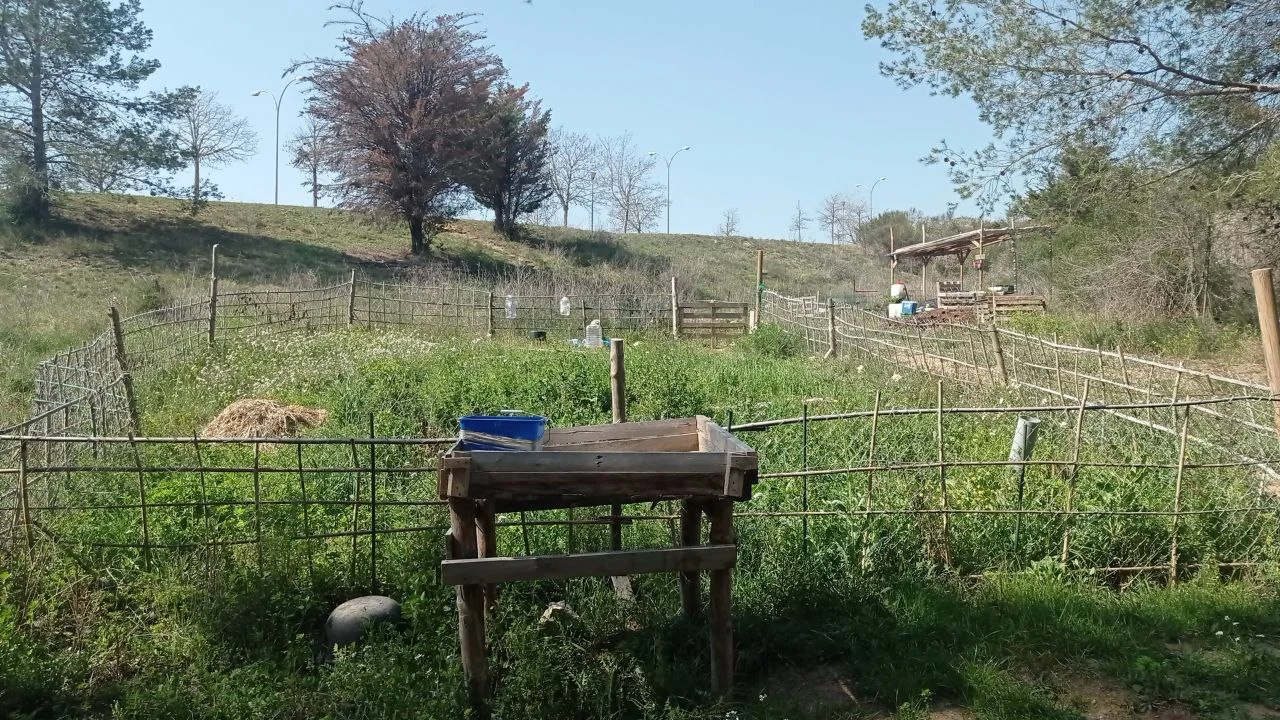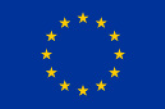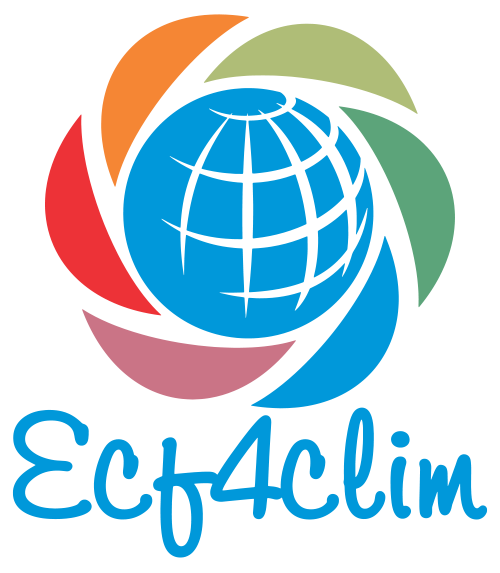Blog
Climate Change and the Catastrophes Affecting Us: A Call for Collective Responsibility
In recent years, the world has witnessed extreme events that have marked the lives of millions of people. From devastating wildfires to catastrophic floods and powerful hurricanes, climate change seems to be an increasingly present factor in explaining these phenomena. In 2024, for example, Europe and the Middle East were hit by extreme heatwaves that
How IoT is Making Schools More Sustainable and Eco-Friendly
Ever thought about how your school could help save the planet? Well, some schools in the EU are taking big steps to become more eco-friendly, and it’s all thanks to a cool project called ECF4CLIM. It’s not just about turning off lights or recycling paper-this project is using cutting-edge tech like the Internet of Things
Fostering Adaptability in Schools: Preparing Students for a Challenged Future
The climate crisis has become impossible to ignore, with extreme weather events like hurricanes, floods, wildfires, and droughts happening more frequently and impacting communities worldwide. In recent years, many students have seen or experienced firsthand the effects of these events, from closed schools due to hurricanes in the United States to droughts impacting crops in
Environmental Protection or Humanity Protection? Which One Is It?
Let’s start with a question: When does something or someone need protection? The answer is simple—when it’s weaker or more vulnerable than something else. Now, think about the relationship between the environment and humanity. Who’s the weaker one here? Is it the environment or us? The answer might surprise you—it’s not the environment. Here’s why:
Changing Habits by Changing Things: the ECF4CLIM reuse T-shirt Flea Market
At CEIP Mozart, a primary school in Madrid, we are championing sustainability through an innovative initiative: a T-shirt reuse flea market. This project aims to raise awareness about the environmental impact of clothing consumption within our school community. A Successful Start The first edition of our flea market took place on May 16, 2023, attracting
Sustainability Competences for Agroecology
Summer is a good moment to take some distance from our rutinary lives, and the projects we are already involved in. It can be a good moment to take some perspective from our objectives, and to reflect upon the meaning and relevance of our projects. I am using this summertime to learn about “syntropic agriculture/agroforestry”
By train from Finland to a project meeting in Romania
International projects expand our thinking. Working with people from other contexts helps us to find new ideas for our work and opens our eyes to the good things in our own country. Learning is most effective when you can talk with others, ask clarifying questions, and come back with your thoughts to somebody after pondering
Climate Change Adaptation through Sustainability Education. Drought challenge.
Waterm scarcity is a vital challenge for human beam in the coming decades. Climate Change advancement leads to longer and more frequent drought periods, especially in subtropical regions. Although many efforts have been directed to decelerate climate change, it is necessary to push adaptation policies. Looking to on the European region, drought affects especially the
Enhancing Empowerment in Educational Communities and Society Through Demonstrative Interventions
Throughout the third year of the EFC4CLIM project, a series of demonstrative interventions were successfully implemented across 13 schools and universities in Finland, Portugal, Romania, and Spain. These interventions encompassed a blend of structural enhancements aimed at improving sustainability performance, alongside purely educational initiatives. In Spain and Portugal, the interventions primarily focused on enhancing comfort
Empowering Future Guardians: Proposing and Implementing an Eco-Social Course at UAB to Equip Students for Nature Conservation
When we talk about «acting for sustainability», what does this mean? What kind of «action»? In which direction? Under which social and environmental paradigm? This kind of, I would say, political question regarding this Action competence is important to be made. As researchers, do we consider studying sustainability as an «action» by itself? Or we
